You’re constantly researching and searching for good advice.
You’re scouring the internet for the best guidance related to your market and industry.
You’re pouring through differing articles, skimming through blog posts with opposing mentalities, and wasting a bunch of expensive time trying to identify whether the advice you receive is quality.
You’re also constantly trying to balance your research and advice-gathering efforts with actual implementation.
Before WWII, general knowledge would double every 100 years, according to Buckminster Fuller, the creator of the “Knowledge Doubling Curve.” But since then, it has increased exponentially and is doubling annually. At this rate, knowledge will soon be doubled every day.
That’s intense, isn’t it?
How do you, a leader, build and develop criteria for what you’re even open to implementing?
Don’t worry. It’s extremely difficult. After all, the entirety of the world’s information is in our pockets at all time.
It’s way too much to dig through. Also, not all of this advice and “knowledge” is good and actionable within your market or industry.
Some Questions to Ask Yourself Before Searching For Good Advice:
- Where’s the gap in your company and its leadership?
- Where is the opportunity for growth?
- Once clarity is established, what do you need to close the gap?
- What’s the one thing you could incorporate right now that would cost the least and yield the amount of short term and long term gain?
Some Questions to Ask Yourself While You Research:
How can I learn to listen to the right people?
This comes with time, and you most likely won’t know how who the right people are as soon as you start your process. You’ll know the information is quality when you implement their strategy successfully. Then make sure to write their name down!
In six months, you don’t want to be thinking, “Oh man, where did I read that?” and “Who said that again?”
Chances are, if one piece of advice worked from one specific person, they’ll offer other valuable information.
Sometimes the information is quality, but the timing is incorrect.
You might stumble on some useful tools that you just don’t know how to use yet. But keep them in your back pocket.
Listen to People Talk About Failure.
Transparency is HUGE. The more likely someone is to talk about their own failures, the more likely their success stories are accurate. The more you can learn from someone else’s failures, the more successful you’ll be.
If you haven’t already, start bookmarking what you deem as qualified and specific websites within your niche. Read a few blog posts to see if the information they’re offering makes sense and can be realized or achieved by your business.
Many times, blogs and advice articles are written for clicks, not for education. You can typically tell this by the incessant ads located on the sides of each page. Notice this post has no ads (wink). Be aware of clickbait.
It’s important to develop a circle of trust and to understand who’s inside of it.
Log advice from the people you feel most comfortable with.
Write down information from people within this circle and leaders along your career chain. For example, if you’re a developer, take advice from the senior developer.
When should I say no to business advice?
There are plenty of times when you can tell right off the bat that the advice you’re getting is quality. You might already not respect the person’s work ethic. You might dislike their managerial style. It can be difficult, as many people parade around with the knowledge they’re offering that they seem to not be implementing themselves.
You’re allowed to disregard the information you receive from people you don’t respect.
Can listening become an issue?
Sometimes you can listen and research too much.
Advice gathering is a great effort, but sometimes you have to learn how to stop and implement.
Give yourself a break and the freedom to fail by using a few tactics you’ve already researched before diving into something else just because you think something might not work. If it’s a maybe, and if it’s cost effective, try it!
How do I balance listening and execution?
This is the possibly most important question you’ll have, and the solution will help you run more smoothly.
First of all, make sure you add implementation to your research process.
So many business executives and entrepreneurs just do the research, and they view implementation as a separate process.
This means that they don’t hold the information they received as accountable when they should.
I’m not saying that the person who wrote the blog post you read is to blame for your business not selling “x” amount of products or services. But if you can trace your mistakes or failures back to the ideas represented in certain conversations or blog posts, you can get a better sense of the authors, advice givers, and articles you can stop following and start following in the future.
For example, if you work for a marketing company, maybe the tactics you researched don’t work well for a B2C company as it does for a B2B company.
A Quick System for Researching and Information Processing:
Read
Spend some time reading and gathering information
Digest
Analyzing and digest what you feel are your most important findings.
Prioritize
Separate the quality information into chunks. Which portion makes sense to utilize right now? Which makes sense to use later?
Apply
Apply your findings by executing a detailed plan
This system will help you create an appropriate research calendar, and you’ll begin to research differently. You’ll be able to spend less time researching and more time implementing the information you’ve gathered. However, not just implementing. Implementing properly.










